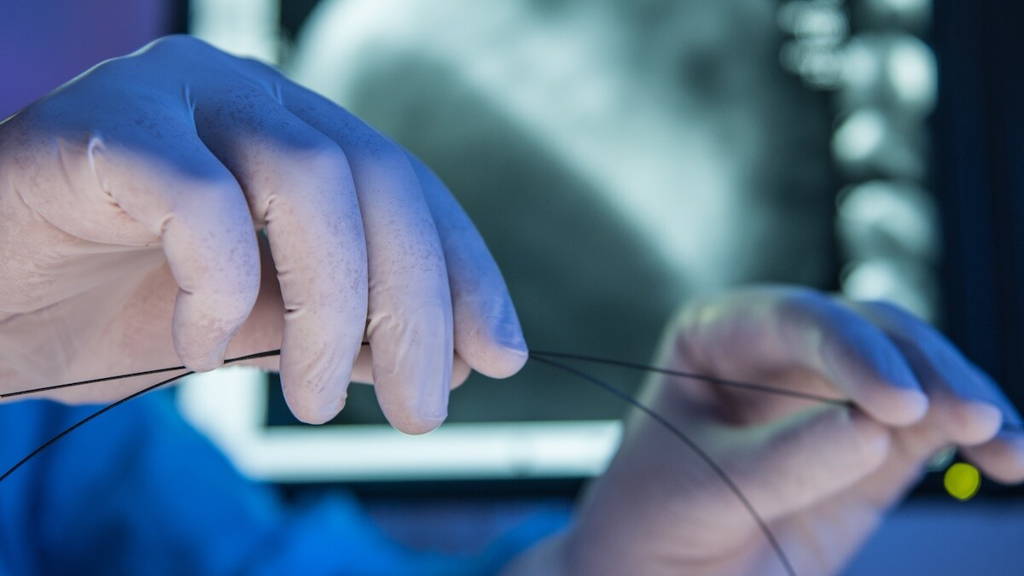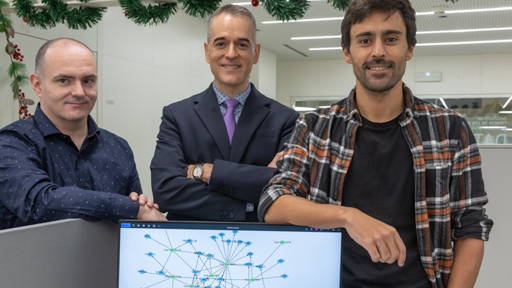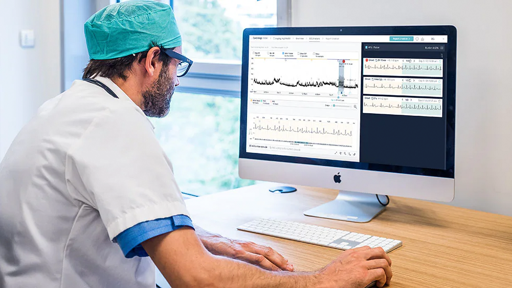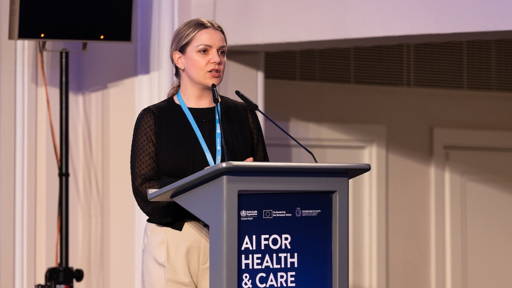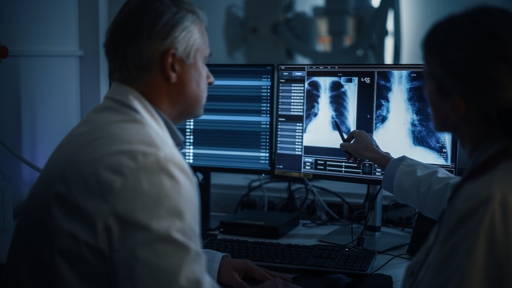A research team from Helmholtz Munich, the Technical University of Munich (TUM) and TUM University Hospital has developed an AI tool, called DeepNeo, that can automate the analysis process of coronary stents after implantation. The AI-driven algorithm significantly reduces assessment time and rivals the expertise of medical experts.
Every year, more than 3 million people worldwide are treated with stents to open clogged blood vessels caused by heart disease by dotting or placing stents. However, monitoring the healing process after stent implantation is still a challenge. When the tissue growing over the stent develops irregularly - becoming too thick or forming deposits - it can lead to complications, such as a new narrowing or occlusion of the blood vessel. Currently, analyzing these healing patterns in intravascular optical coherence tomography (OCT) images is time-consuming and impractical for routine clinical practice.
Assessing healing with AI tool
A research team from Helmholtz Munich and TUM University Hospital developed the AI tool DeepNeo. With it, it is possible to assess stent healing from OCT images. DeepNeo distinguishes between different healing patterns with an accuracy comparable to that of clinical experts, but in a fraction of the time. The AI tool also provides precise measurements, for example with regard to tissue thickness and stent coverage, providing valuable insights for the course of recovery and possible follow-up actions for its treatment.
"With DeepNeo, we can perform automated, standardized and highly accurate analysis of stent and vessel healing that was previously only possible with extensive manual efforts. DeepNeo is as good as a physician, but much faster," said researcher Valentin Koch. The research was published in Communications Medicine.
AI model training
To train DeepNeo, the researchers used 1,148 OCT images from 92 patient scans, manually annotated to classify different types of tissue growth. They then tested the AI algorithm in an animal model, where it correctly identified unhealthy tissue in 87 percent of cases compared to detailed laboratory analysis, the current gold standard. When analyzing human scans, DeepNeo also showed high accuracy, which closely matched expert assessments.
"DeepNeo shows how machine learning can support clinicians in making faster, more informed treatment decisions. The next step now is to effectively integrate AI algorithms such as DeepNeo into clinical practice," explained Dr. Carsten Marr, director of the Institute of AI for Health at Helmholtz Munich.
His colleague Prof. Julia Schnabel, who directs the Institute of Machine Learning in Biomedical Imaging and is professor of Computational Imaging and AI in Medicine at TUM, sees DeepNeo as part of an AI-powered health care system that could provide unprecedented assurance for clinical decision-making.
Grant and patent application
The project has received a Helmholtz Innovation Grant and a patent application has been filed. Ascenion, a partner in technology transfer in the life sciences, is supporting the DeepNeo team in identifying potential industry partners.
"DeepNeo simplifies and standardizes the assessment of OCT imaging after stent implantation, thereby improving clinical decision making. This has the potential to not only reduce healthcare costs, but also pave the way for more effective and personalized cardiovascular treatments," tell PD Dr. med. Philipp Nicol and Prof. Dr. med. Michael Joner, cardiologists at TUM University Hospital, who led the clinical side of the project.
AI in cardiology
AI models and tools are increasingly being used to improve cardiac care, as we reported last year about an AI-based platform for cardiovascular ultrasound Philips integrated into its EPIQ CVx and Affiniti CVx systems. This innovation automates multiple analysis steps in echocardiography, significantly improving workflow efficiency and diagnostic accuracy. The AI tools, approved by the FDA, help healthcare professionals detect and monitor heart conditions such as heart failure and valvular disease more quickly and reliably.
With heart failure affecting over 64 million people globally, and about 241,000 in the Netherlands, this technology addresses a critical healthcare challenge. The AI also aids in identifying regional wall motion abnormalities (RWMA), important indicators of cardiovascular events, using machine learning trained on anonymized clinical data. The result is faster, more consistent imaging, potentially reducing the need for repeat scans and shortening procedure times. By streamlining routine tasks, clinicians can focus on complex cases, enhancing patient care and reducing healthcare system burdens through early detection and improved treatment outcomes.
